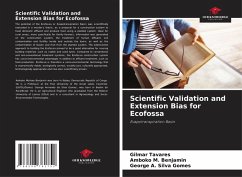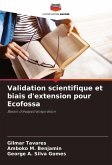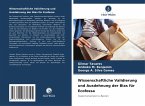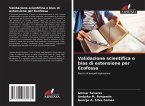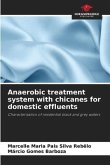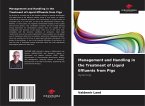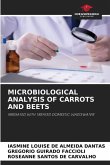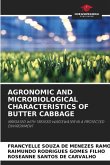The potential of the Ecofossa or Evapotranspiration Basin was scientifically evaluated in a master's thesis, as a proposal for a construction system to treat domestic effluent and produce food using a planted system. Ideal for rural areas, more specifically for family farmers, information was generated on the construction system, the treatment of human effluent, soil contamination and fertility inside and outside the basin, as well as the contamination of leaves and fruit from the planted system. The extensionist approach to building the Ecofossa proved to be a good alternative for reusing building materials such as rubble and used tyres. Compared to conventional and non-conventional treatment systems, the Ecofossa construction system has socio-environmental advantages in addition to effluent treatment, such as food production. Ecofossa is therefore a socio-environmental technology that is economically viable, ecologically correct, socially just, culturally appropriate, technologically appropriate and now also scientifically proven.
Bitte wählen Sie Ihr Anliegen aus.
Rechnungen
Retourenschein anfordern
Bestellstatus
Storno

